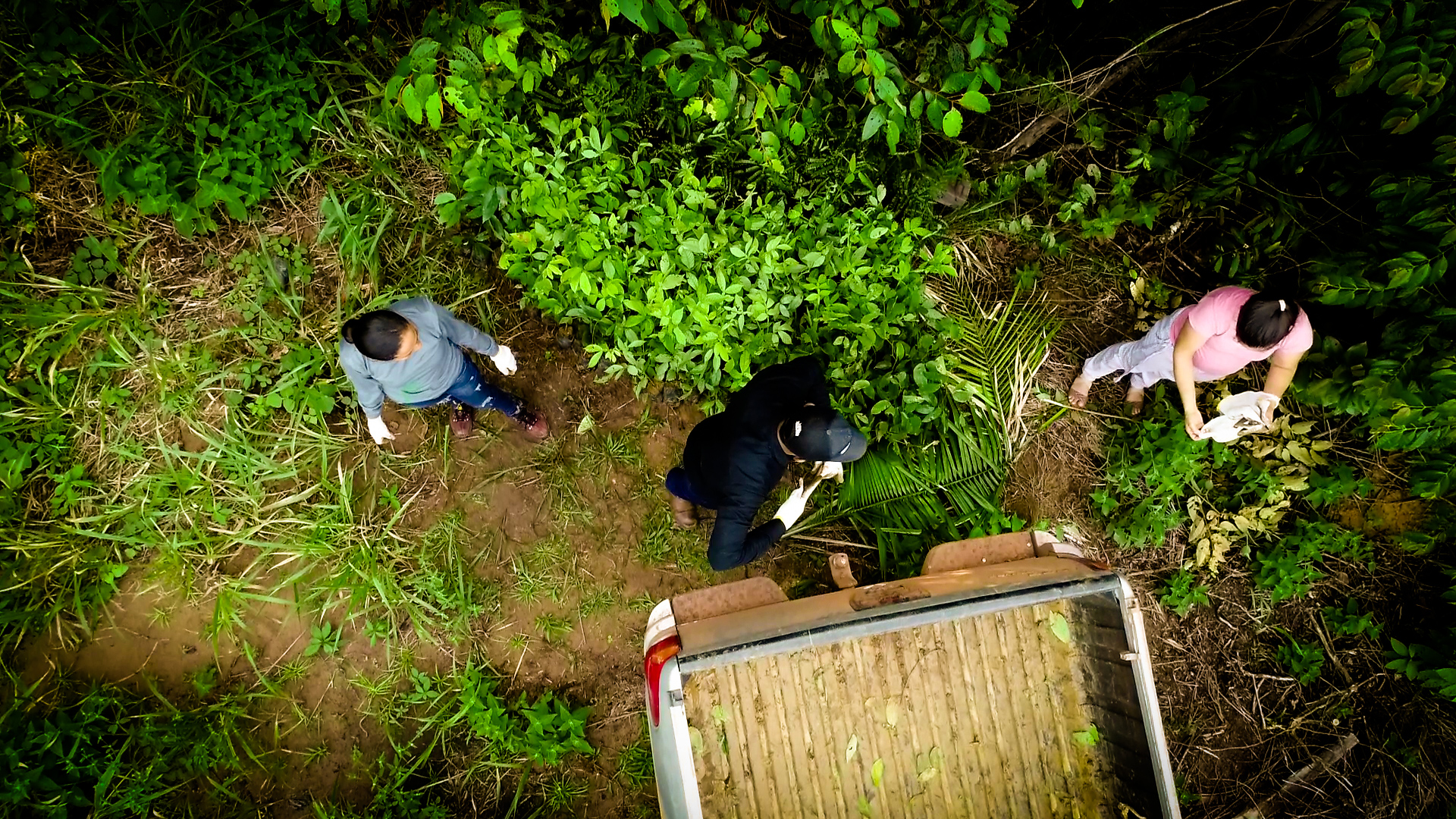
Estudo do Idesam levanta potencial de US$ 102 milhões em serviços ambientais no AM
The analysis takes into account the municipalities where the ‘Cidades Florestais’ Project takes place
By Henrique Saunier
Translated by Felipe Sá
Photo: Luiz Rocha
By 2030, the forest production chains fostered by the ‘Cidades Florestais’ (Forest Cities, in English) Project have the potential of attracting US$102.6 million in environmental services according to a forecast from a study published by Idesam at the end of 2019. The amount would be equivalent to an incentive of US$5.50 per hectare of forest conserved by the project, but the pressure of deforestation is still a challenge to make these results become reality.
These estimates were made by the study “Opportunities that Environmental Services provide to the Amazonas’ Forest Production Chains” which considers the places where ‘Cidades Florestais’ has operations in the state of Amazonas, such as the municipalities of Apuí, Boa Vista do Ramos, Carauari, Lábrea, São Sebastião do Uatumã and Silves. The complete research (available in Portuguese) can be accessed here.
The analysis points to the Amazonas’ Environmental Services policy as a concrete opportunity for companies, organizations and actors related to carbon markets to invest in the state. That means that Amazonas could receive payments for the environmental services provided by its forests.
But for this potential to become reality it is fundamental to integrate efforts on different fronts to ensure forest conservation and reduction of deforestation rates in critical regions, such as the Juma River Settlement Project and the municipalities of Lábrea and Apuí, where most of the deforestation of the state of Amazonas takes place.
“Environmental services are important assets that can help leverage new economic models in the Amazon’s states and regions. The valuation of these services involves, initially, the structuring of a monitoring and accounting system of the results achieved, as well as a benefit distribution mechanism that recognizes and remunerates different actors that contribute to the conservation of forests and the promotion of sustainable productive activities”, highlights Pedro Soares, Idesam’s Climate Change and REDD+ (Reducing Emissions from Deforestation and Forest Degradation) manager.
In recent years, Idesam has been taking part in discussions and evaluations for the structuring of a REDD+ State System (SisREDD+) integrated with the Amazonas’ State Policy on Environmental Services. These policies may in the future benefit state and Federal Conservation Units, Rural Settlements, Municipalities and Indigenous Lands.
The results of the study will support the implementation of these policies as they provide information on the dynamics of deforestation and the potential for generating environmental services in different regions and by different actors.
“The main goal of the study was to connect forest-based production chains in the state of Amazonas with the potential for generating environmental services. In short, sustainable forest management should be analyzed as a strategy for income generation and keeping the forest standing. Linking payments for environmental services to community forest management can help make it possible to structure new businesses that promote community development, forest protection and climate change mitigation”, emphasizes the manager of the Project, André Vianna.

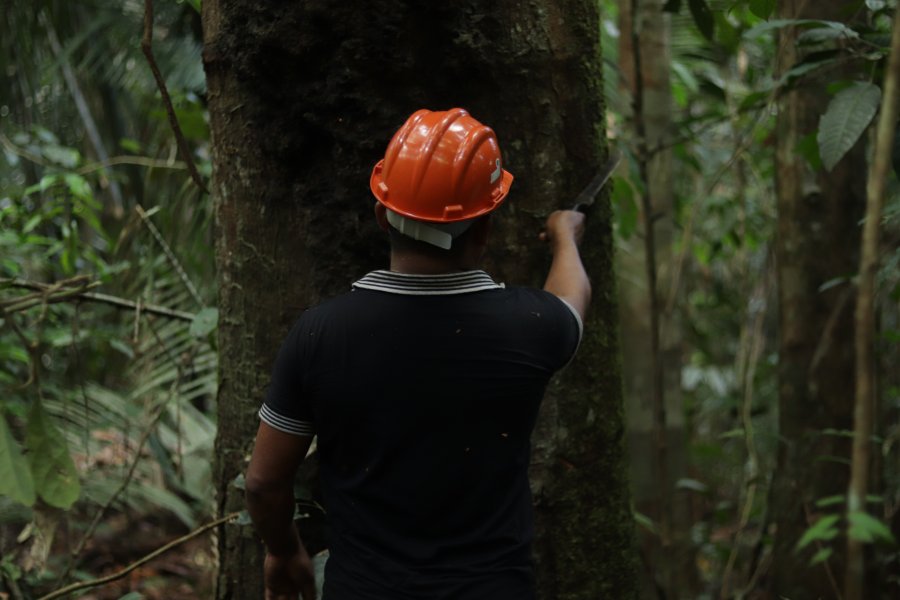
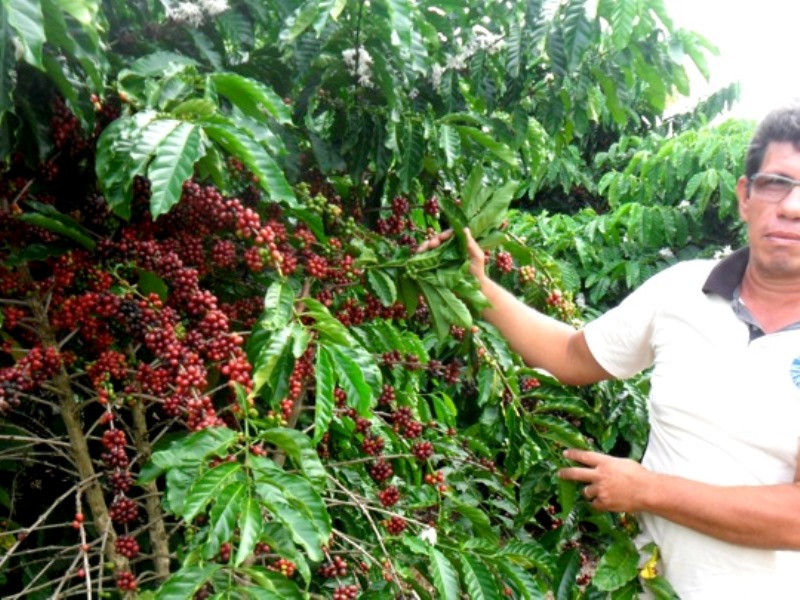
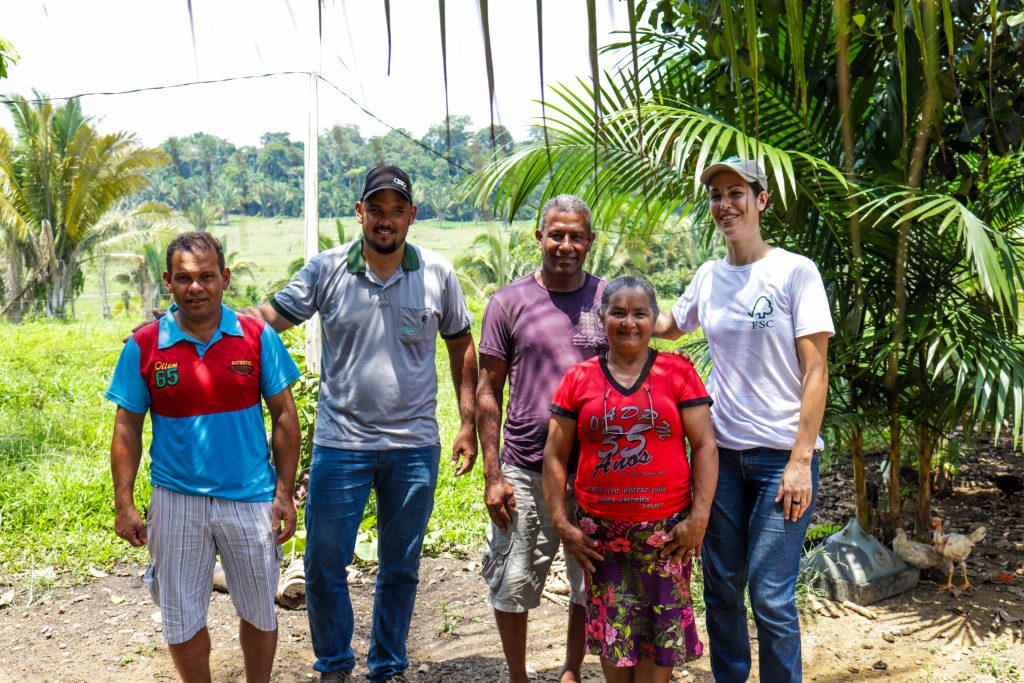
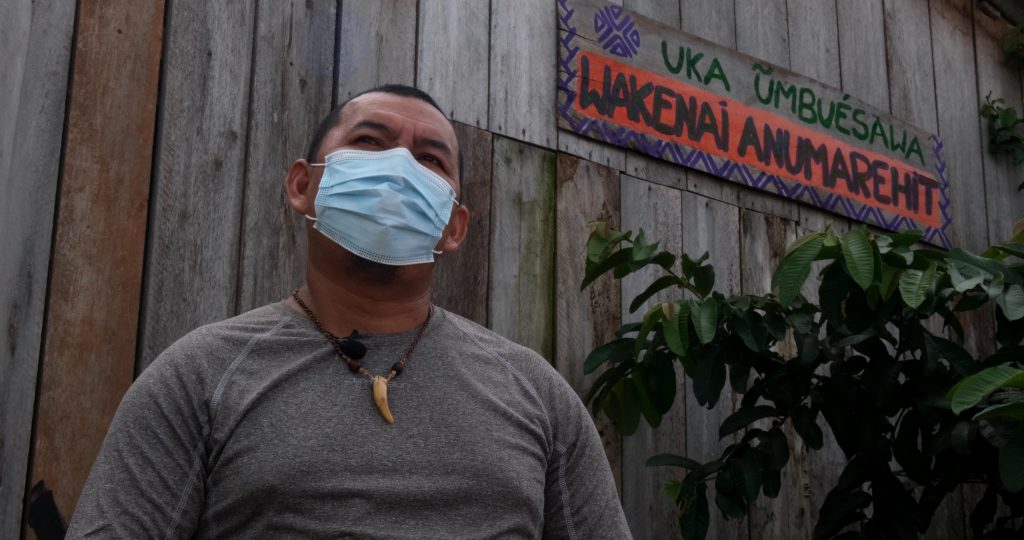
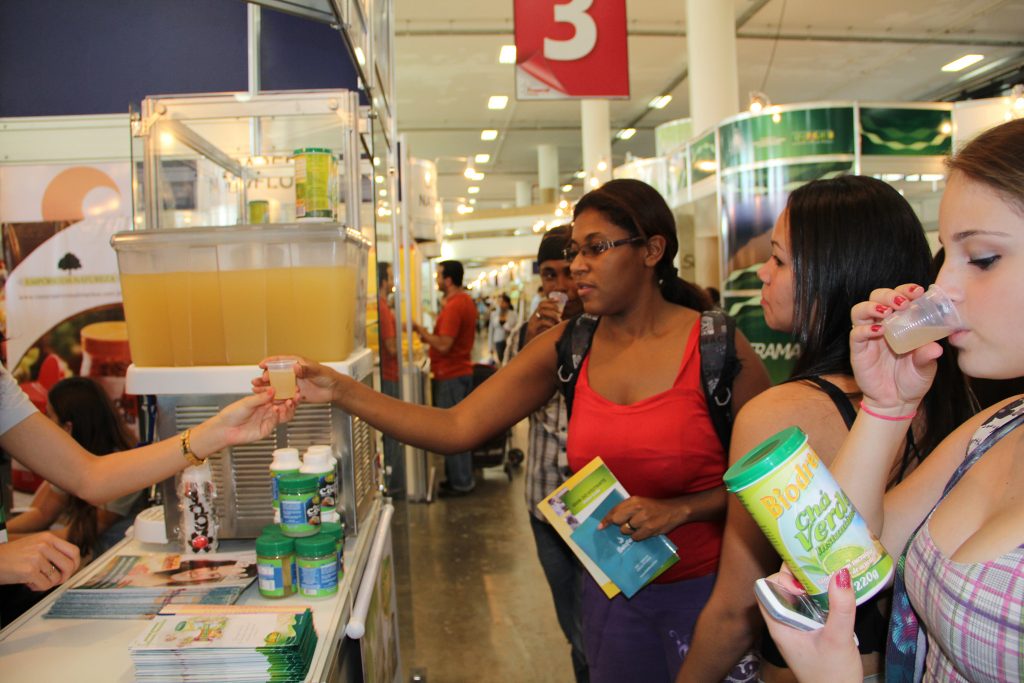
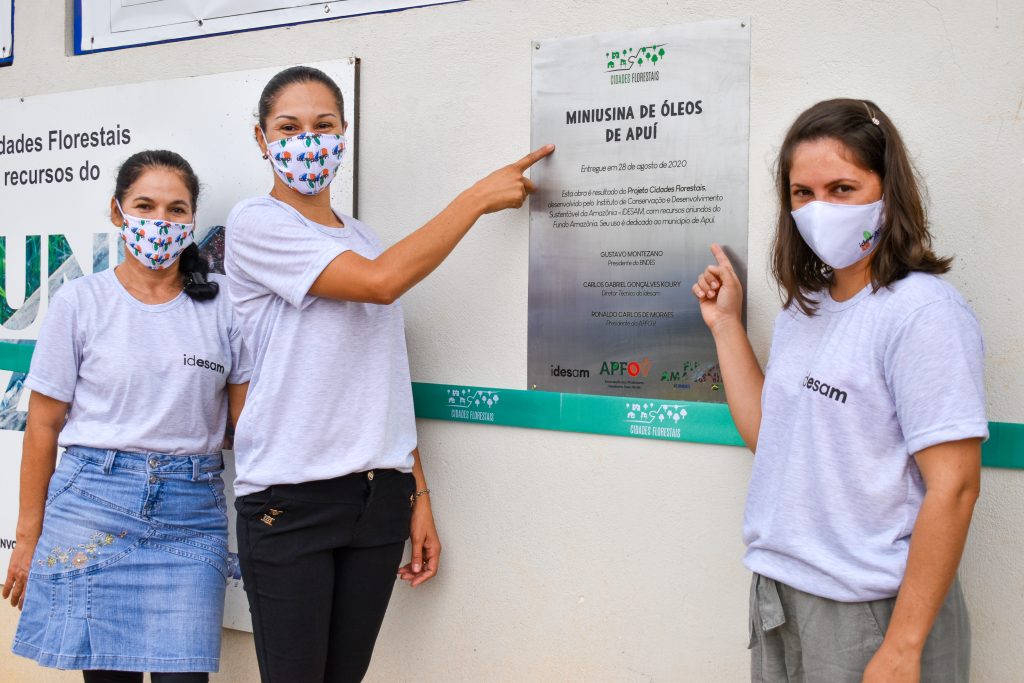
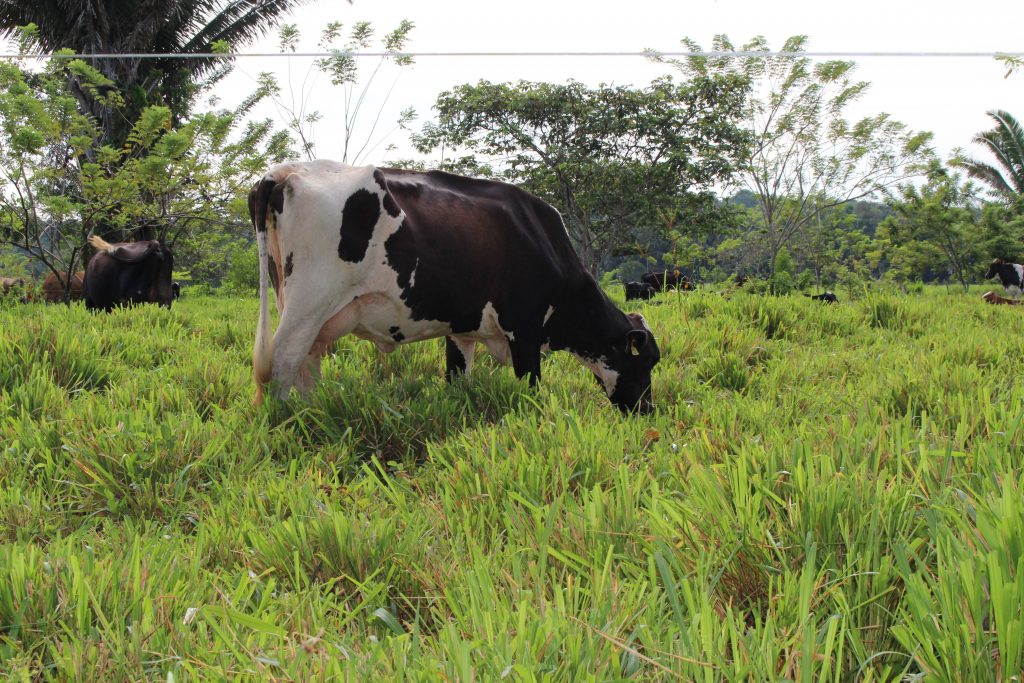
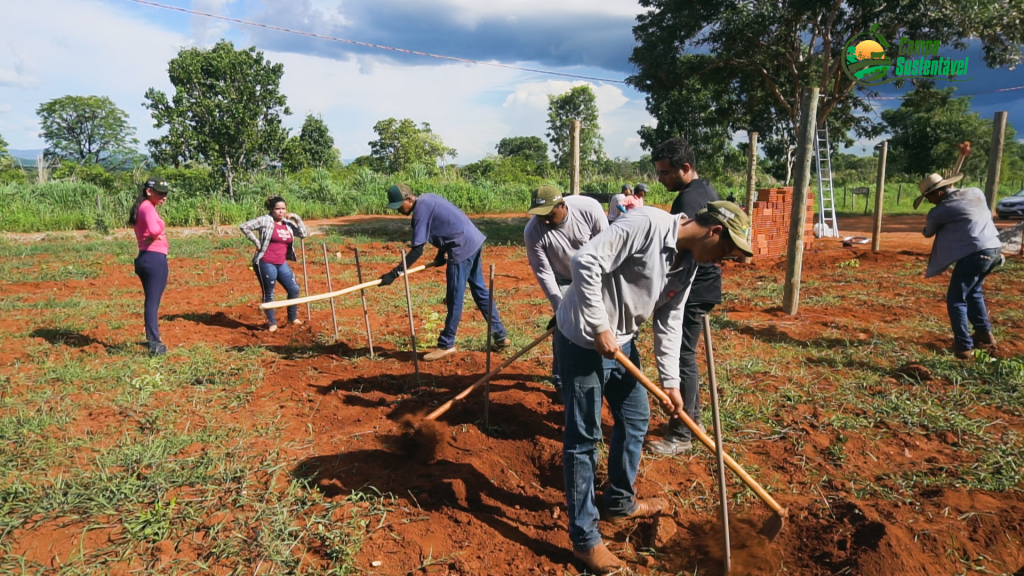
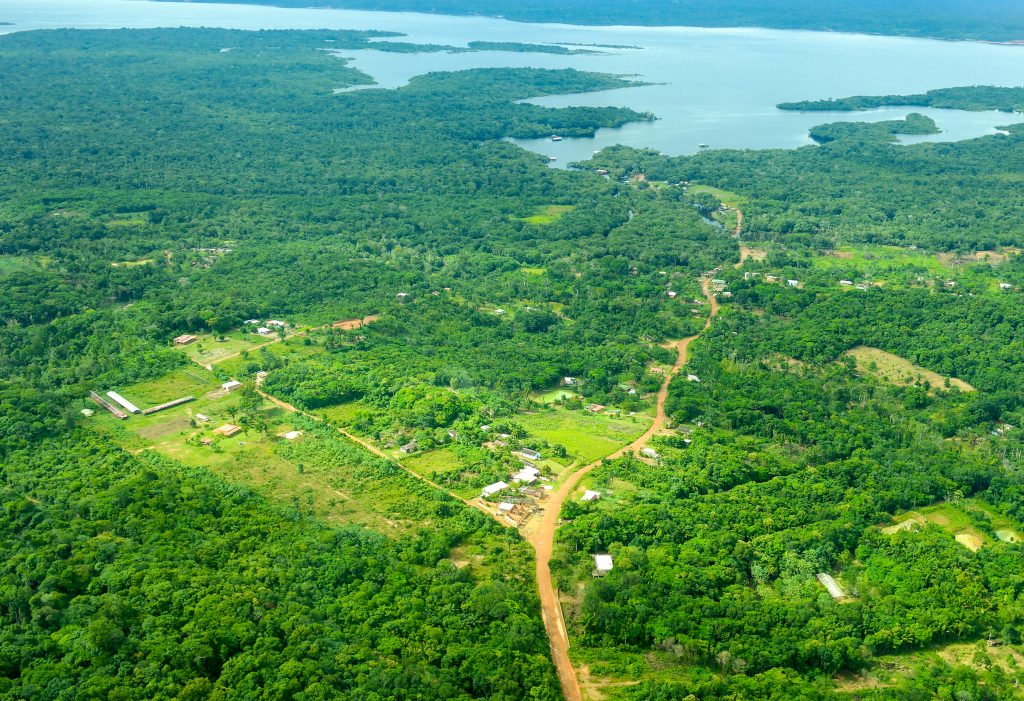

Leave a Reply